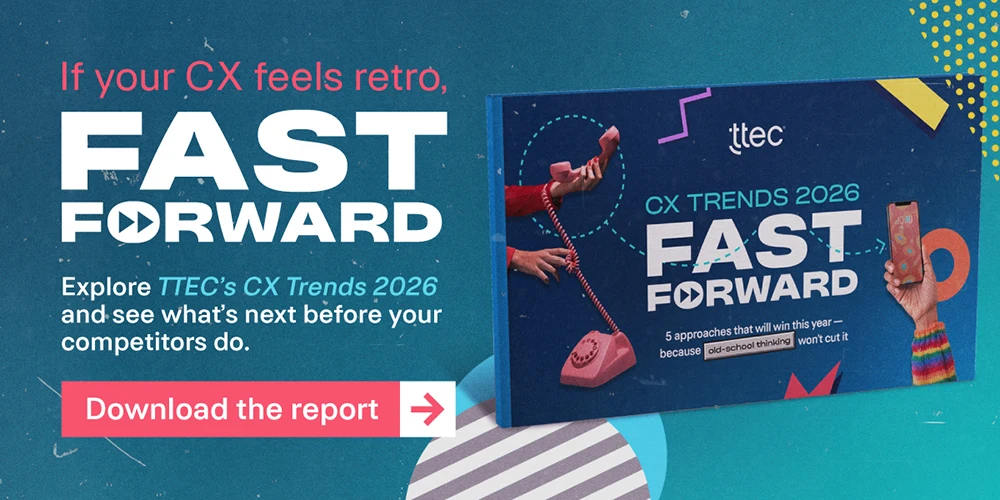With so many “of-the-month” events competing for attention in April (National Pickleball Month, Adopt a Ferret Month), the meaningful ones tend to get lost in the fray.
For those who celebrate, how did you commemorate National Whole Health Month and National Minority Health month? These two observances share lofty aspirations: To improve health across all dimensions — mind, body, spirit, and community — across all peoples, equitably.
Many of us who subscribe to the whole health concept, also called salutogenesis, people-centered care, and integrated care, may be unaware one of its biggest advocates is the Department of Veterans Affairs, which embraced the approach to meet the unique needs of combat veterans suffering physical, emotional, and psychological injuries. A whole health framework that incorporates an individual’s total experience has also proven effective in clinical trials, whose processes mirror the patient journey that payers manage: screening, enrollment, retention.
It's not too much of a stretch, then, to see that a multidimensional, integrated, holistic body-mind strategy of care extends well beyond the clinical environment — and into the contact center. Leaders responsible for the patient experience know that the last thing patients need is friction at the front lines of the contact center.
Holistic health care, enhanced by AI
We’ve studied millions of contact center interactions to identify innovative ways to improve the experience for both patients and healthcare advocates assisting them. Enlightened training infuses humanity to the process, while proactive communications and artificial intelligence help advocates deliver exceptional customer service with efficiency, compassion, and in compliance.
To appreciate the potential to improve, let’s first look at a common patient encounter.
Have you ever sat in an exam room and sensed a clinician’s discomfort speaking with you? Or wondered why you weren’t asked a standard textbook question? I have experienced this. I don’t know if the clinician was new and nervous or if my being an African American woman made her uneasy, but I was left feeling a little frustrated, deflated, and not reassured by the care I received.
It doesn’t have to be this way.
Health professionals’ training needs to go beyond diagnosis and treatment to embody total care for the whole person. It’s no different for healthcare advocates in the contact center. They also need to adopt a whole health mindset that transcends cultural differences.
No need for a culture clash
AI-enhanced training bots role-play with new hires so they can practice patient interactions in a simulated setting before taking live calls. The bots provide real-time feedback and coaching that show the best way to handle circumstances advocates may not have encountered in their own personal lives — things to say, things to avoid saying — to ensure patients of every age, ethnicity, gender, and socioeconomic status feel valued and respected.
Another familiar challenge for patients is navigating our very circuitous, complex healthcare ecosystem. It’s a lot for patients to manage. We can elevate the experience by thinking a few steps ahead, to guide them through a journey that leads to a great outcome.
A proactive mindset powered by analytics
Thanks to advanced analytics, healthcare advocates in the contact center can streamline the process by anticipating what the patient will need next. We can segment the member population according to needs and desirable outcomes to develop a proactive approach. This numbers-crunching exercise yields insights that inform best “next steps” advocates should take.
In today's fast-paced business environment, a proactive mindset is not just a beneficial trait but a necessary one for success.
A proactive approach is significantly enhanced when powered by robust analytics, as exemplified by TTEC's advanced conversation intelligence capabilities. By leveraging cutting-edge technology to analyze customer interactions, TTEC provides businesses with the insights needed to anticipate customer needs and trends. This foresight enables companies to not only react to customer inquiries and issues but to proactively address them before they escalate.
With TTEC's analytics, businesses are equipped to make informed decisions swiftly, ensuring they stay ahead of the curve and deliver exceptional customer experiences. In essence, TTEC's conversation analytics serve as the backbone of a proactive business strategy, transforming data into actionable intelligence that drives customer satisfaction and growth.
It can be something as simple as informing a patient, “Oh, I see you are due for your colonoscopy this year. Would you like me to schedule that appointment for you?”
Channel chakras, importance of accessibility
In Sanskrit, the word “chakra” refers to wheels of spinning energy that flow inside the body and it’s best for mental and physical well-being when all chakras stay open.
Likewise, in the digital world, it’s vital that all communications channels are open and accessible to everyone. Voice, chat, text, email, self-service, and social channels all play a role and it’s important to build an omnichannel strategy to incorporate them all.
How do you do that? Sure, you could take some self-appointed guru’s advice for the trendiest channel to optimize but here’s a better way: Just ask. Invite members to share their preferences and then build a strategy around their communications style. Mindful that some marginalized communities don’t have reliable access to wi-fi, and older members may not be digital-savvy, it’s key to engage in the channels where members feel most comfortable.
With analytics, we’re always finding new ways to engage members in their preferred channels to improve CSAT and NPS while also driving speedier resolution, efficiency and cost savings.
Whole health and inclusive care are priorities driving our design and deployment of the patient experience. For a look into the future, and how we see healthcare outcomes improve through advances in whole health, artificial intelligence, and new approaches to improving the experience, check out “Connected Healthcare 2028 — A look ahead: Keeping healthcare human.”
If you plan to attend IQPC’s CX Healthcare Exchange West June 4-5, let’s grab some coffee and chat. I’d love to hear your thoughts about the patient experience at a time when our healthcare ecosystem is evolving so rapidly.















